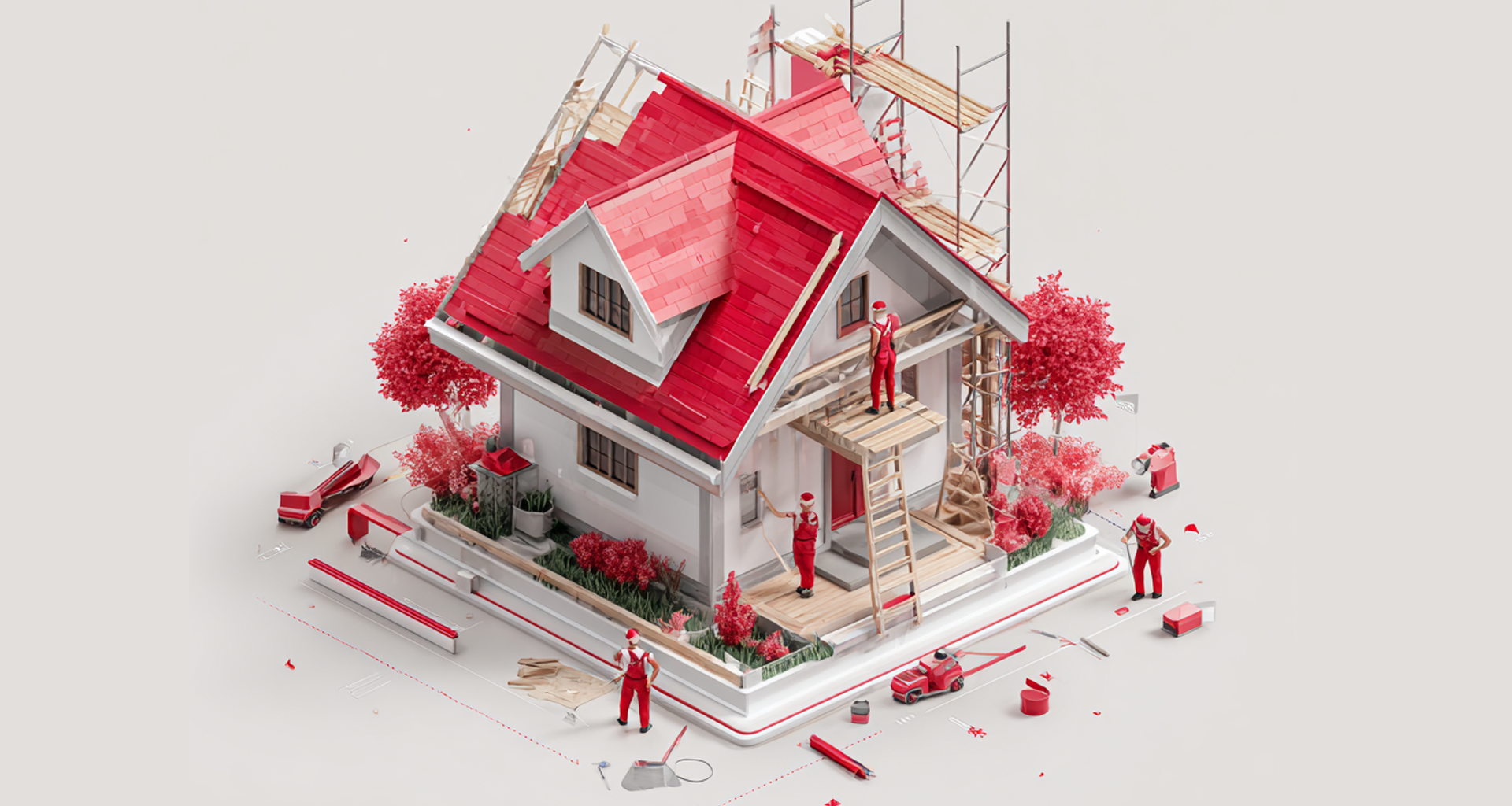
If you are not redirected within 30 seconds, please click here to continue.
Samedi: 10h – 16h HAE

If you are not redirected within 30 seconds, please click here to continue.
If you are not redirected within 30 seconds, please click here to continue.
With the rate of homeownership hovering near 70%, and with household debt at a record high, most people’s financial health is closely tied to home values. So, given what happened in the U.S. only a few years ago, is it time to take some profits?
Is it Time to Cash Out on Real Estate?
People generally don't think of their homes as a particularly liquid asset, but at least one economist says it's something they should consider — particularly now that home prices in Canada may finally be approaching a peak.
Capital Economics economist David Madani, known for his ongoing bearish position on Canada’s housing sector, believes prices are overdue for a sharp correction.
“While the recent strength of Canada's housing market has been astounding, the regional breakdown reveals that it has begun to fray at the edges,” he says in a recent report.
“With house prices already declining in some smaller regions, it may only be a matter of timing before prices in other larger and much more overvalued markets begin to fall more sharply.”
Citing challenging economic conditions, high prices, tougher mortgage lending rules and an eventual boost in interest rates, Madani believes that the housing market could see a longer-term correction of as much as 25%, particularly in the hotter markets.
Timing the Peak
There’s certainly lots of room for prices to fall. At about a $400,000 average nationally — and just under twice that in Vancouver — Canadian home prices are already at record levels.
But demographics suggest that this trend can’t continue, particularly since the proportion of Canadians at an age when homes are typically purchased is declining.
For long-time homeowners, selling a home at least somewhere near the peak seems like a sensible way of locking in heady profits accumulated over the past decade — and that profit is tax-free, assuming it's your principal residence.
The Challenges of Selling
Of course, even if it makes sense financially, the problem for people who live in houses with big price tags is that they generally have to move out of town, find something smaller or give up on ownership altogether.
But becoming a renter after years of ownership doesn’t sit well with the vast majority of Canadians, even if it’s only a temporary move before re-entering the market.
Price-To-Rent Ratio Climbing
There’s no question that home valuations have been rising far faster than the rent they would earn. Canada's home price-to-rent ratio is well above historic norms and among the highest in the advanced world, according to recent OECD figures.
And while many economists dispute these figures, few would argue that buying is less expensive than renting.
If you really need to sell your existing home because of job change, divorce, ill health, or remarriage, then the decision is made for you. But chasing the market is a different story.
If you’re selling low, then you’ll probably be buying low. And if you’re selling high, well, then you’ll be buying high. But it certainly isn’t the wash it appears to be.
Factor In Buying And Selling Costs
The largest expense when buying a home is the land transfer tax. In many areas, that might be as much as 1.5% of the purchase price. In fact, in the GTA, it’s twice that.
Once you factor in commissions, moving costs and legal expenses, the total cost of buying and selling a home probably approaches 10% of the purchase price.
If Madani is right, that means it really is time to get moving.
But if CIBC economist Benjamin Tal – who has called for a correction of 10% to 15% in prices – is closer to the mark, then maybe it’s simply not worth the trouble.
Latest Articles
Get money-saving tips in your inbox.
Stay on top of personal finance tips from our money experts!











